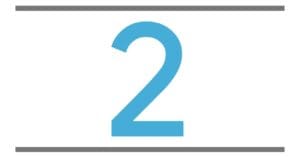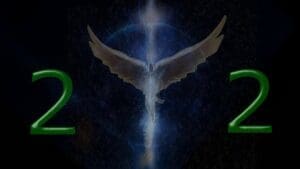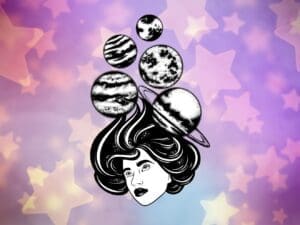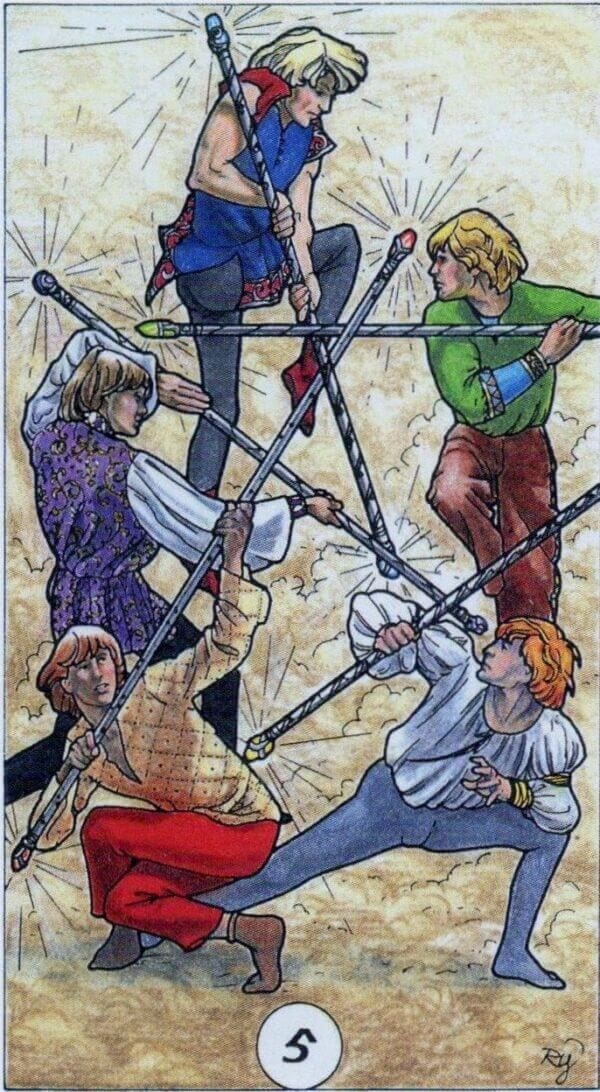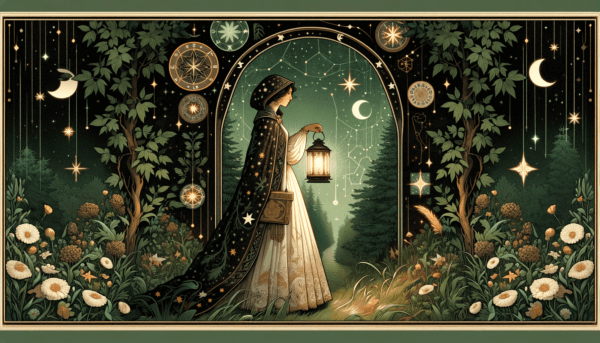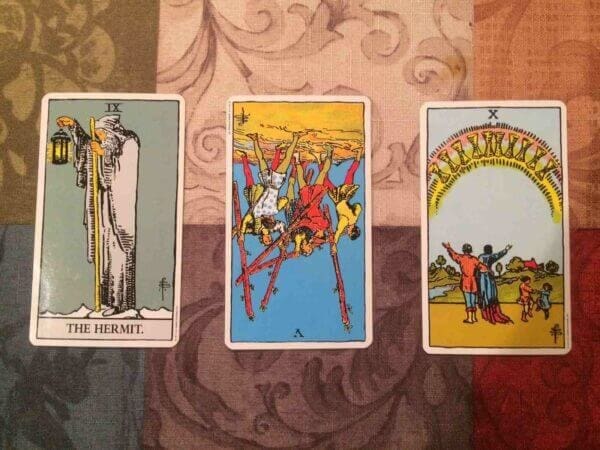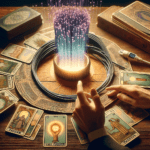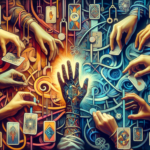Unveil Your Persona: Utilizing Tarot to Reveal How Others Perceive You
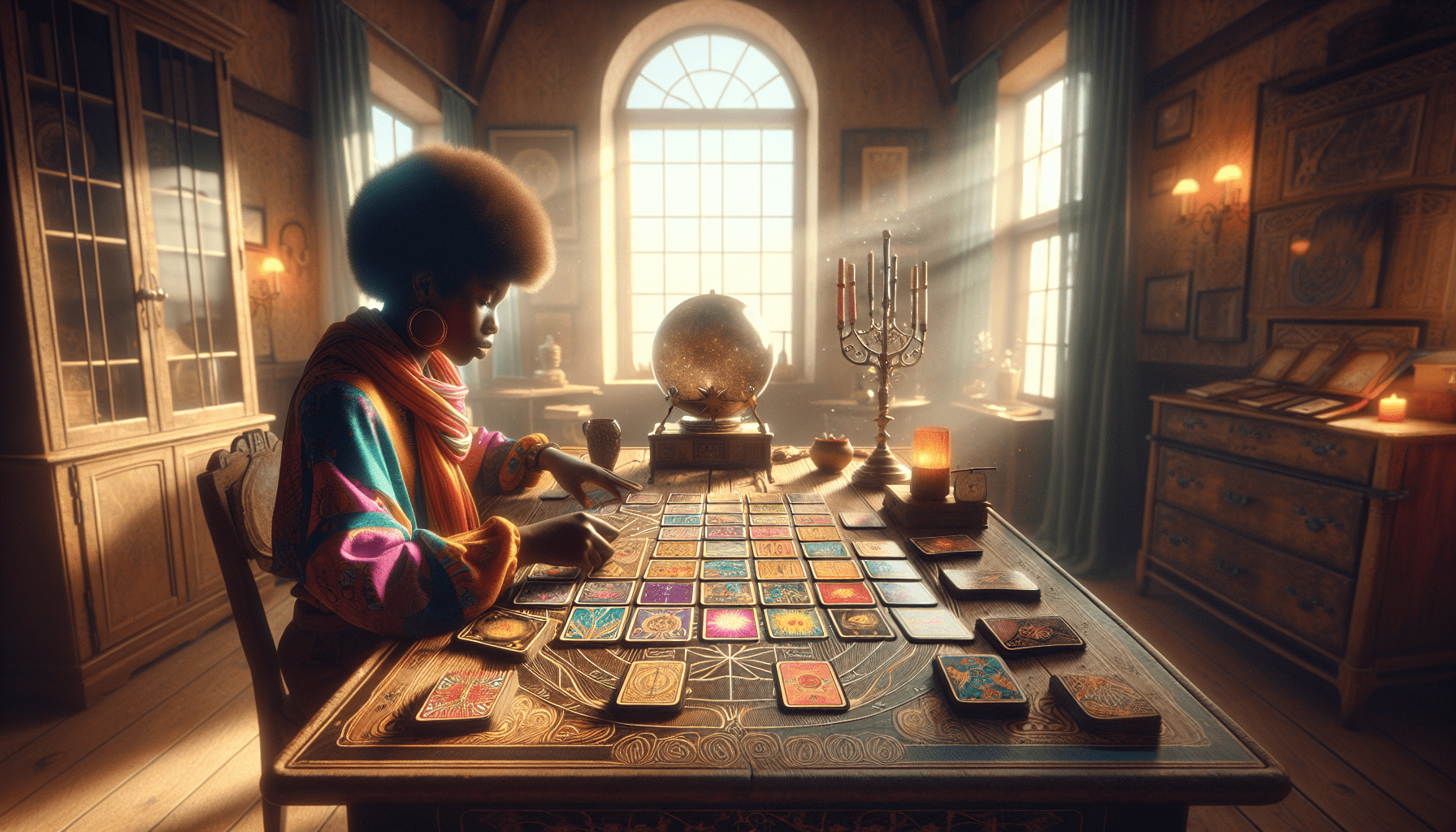
Is it truly possible to uncover how others perceive you through the mystical power of Tarot cards?
The concept can be quite astonishing, akin to a form of telepathy typically found in fantastical series like Heroes or X-Men. As we reside in a world largely influenced by science and skepticism towards unconventional approaches, it's understandable that numerous individuals might consider this idea far-fetched.
Nonetheless, the potency of Tarot is undeniably genuine. There exists an aspect of cosmic awareness that conventional science has not yet grasped. Within this realm lies the capacity to discern another person's feelings, perceptions, and intentions towards you, all without the need for direct inquiry.
Individuals harbor various motives for wanting to discern how others perceive them, and Tarot practitioners frequently discuss the morality of probing someone's thoughts without their consent – is it justifiable or not? Those opposing such practices argue that it's unethical to intrude on a person's subconscious without prior approval, while proponents assert that the subconscious will inherently safeguard itself if it feels threatened, and as long as one's intentions are benevolent, it shouldn't pose a concern.
For those who align with the latter perspective, this piece aims to elucidate the process of revealing how someone perceives you by employing the mystic power of Tarot cards.
Unraveling the Mystery: How Does Tarot Function?
The precise workings of Tarot remain an enigma. It is believed that our cognitive abilities are inadequate to fully comprehend this knowledge, and exposure to such understanding might lead to catastrophic consequences for our minds. Nonetheless, there is widespread agreement that all living entities – humans, animals, and plants – are interconnected by an unseen, energetic power within the cosmos. This connection is also what enables clairvoyants, rune masters, psychics, prophets, and seers to harness their extraordinary talents and access information beyond the reach of ordinary perception.
Through Tarot, one may pose a variety of inquiries, and in response, a cryptic and enigmatic energy provides the answers.
What does the future hold three months from now? What will the appearance of my next romantic partner be? Which career path should I pursue – this one or that one?
Naturally, one might also ask, "How am I perceived by this individual?"
Why Hesitate to Inquire About Others' Perceptions of You?
Undoubtedly, numerous reasons exist as to why individuals might refrain from directly inquiring about another person's perception of them.
Embarrassment is a common factor in many scenarios where direct inquiry would be inappropriate. Take, for instance, a job interview. Suppose it went smoothly, but the outcome will only be revealed the following week. The desire to learn the interviewer's impression might be intense, yet it would be improper to contact them and ask, "What were your thoughts on me?"
Exercising patience is an option, but doing so could heighten anxiety or apprehension, especially for those prone to nervousness. In some cases, one might harbor admiration for a stranger from a distance – such as the charming professional encountered during daily commutes – with the extent of interaction being an occasional exchange of smiles and nods.
Eager to become better acquainted yet hindered by timidity, the idea of facing rejection is daunting. Turning to the cards, one might inquire, "How does so-and-so perceive me?" The Tarot's response, whether favorable or not, offers some peace of mind, enabling one to proceed with actions aligned to the insight received from this divinatory tool.
An abundance of motives drives individuals to uncover others' perceptions of them, and not all possess the self-assurance or capability to pose such inquiries directly to the person involved.
Tarot serves as an instrument and advisor; provided its use is motivated by the pursuit of enlightened decisions that benefit both ourselves and our surroundings, there shouldn't be any reason to refrain from engaging with this mystical practice.
Utilizing Tarot to Decode Others' Perceptions of You
Every card possesses a unique interpretation, and when deciphering an individual's sentiments or perceptions of you, the card's inherent meaning must be adapted to align with the other person's perspective.
Does this seem perplexing? Consider the following example for clarification.
Imagine drawing a 2-card spread to explore another person's perception of me. The two cards revealed are the Empress and the 2 of Cups.
- The Empress: Beauty, kindness, creativity, mothering, nurturing, nature, abundance.
When inquiring about a romantic interest, this reading appears promising upon initial review. The Empress card, which represents a strong and positive perception of oneself, is how they view me. Often regarded as the 'ideal' individual, regardless of gender – Tarot transcends such distinctions – the Empress embodies qualities such as kindness, nurturing, beauty, and creativity.
- 2 of Cups: Connection, Attraction, Union, Emotional Bond, Kinship.
The presence of the 2 of Cups signifies a sense of connection, attraction, and emotional attachment. Consequently, it can be deduced that this person is drawn to me and possibly holds an idealized view of me to a certain extent.
Nevertheless, it is essential to approach this reading with prudence. If the other person and I are not well-acquainted, their perception of me as the Empress may suggest that they have placed me on a pedestal, a position that could prove unstable as our relationship deepens. After all, how can one be deemed perfect when they are scarcely known?
This situation may point to a powerful infatuation rather than a genuine ideal, potentially resulting in future disillusionment if expectations go unfulfilled. Conversely, if the reading pertained to a long-term partner, the outcome would be gratifying, as they would have witnessed all my imperfections and reservations, yet still regard me as "their Empress."
In a professional context, these 2 cards would also be interpreted favorably. The Empress symbolizes creativity and abundance, suggesting that others perceive me as possessing the inventive talents their organization needs. Likewise, the 2 of Cups indicates a connection has been established and the person is content with my contributions in a non-romantic capacity.
Final Thoughts
The illustration provided is merely one instance of determining others' perceptions through Tarot cards. Naturally, the most effective approach is to continually practice and refine one's skills. Tarot can serve as an exceptional advisor in guiding our life choices. Discovering how we are viewed by others can prove invaluable when navigating complex situations, empowering us to advance with assurance and determination.
Associated Article: Top 10 Tarot Authorities to Keep on Your Radar



